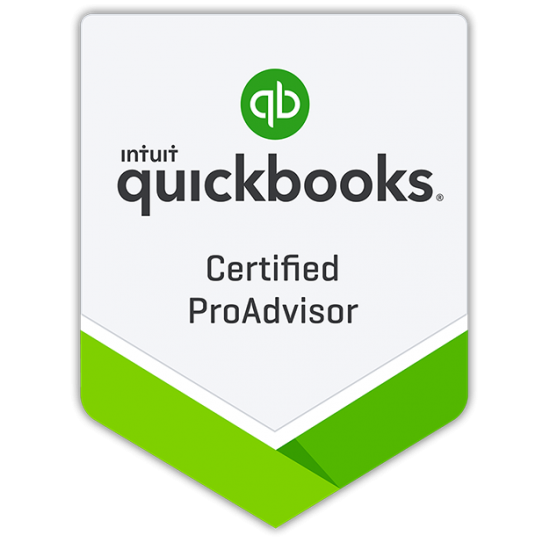We all know that contributing to retirement accounts early and often is good advice, but many of our clients question whether it is more beneficial to invest in a traditional IRA or Roth IRA. The answer to this is different for every client and depends upon the expected cash flows during their working years and their retirement years. The good news is that any money contributed to a retirement account is a proactive step to protecting your future. Furthermore, either option will provide tax benefits, and the timing on when those benefits are reaped is the primary difference.
While it is impossible to predict the future, the ability to convert a Traditional IRA to a Roth IRA is a little-known option that can be a powerful source of tax savings for investors who understand the rules.
Unfortunately, taxpayers in the middle of their careers too frequently experience a temporary but dramatic slump in their income. This could be due to unforeseeable factors like the global pandemic that disrupted economies around the world in 2020, contributing to widespread unemployment and loss of business income. In other years, people experience unexpected illnesses like cancer, either for themselves or a loved one, and take a needed break from focusing on work. Former W-2 employees may experience dips in income in the first year that they start a business. However, any of these circumstances can provide a sharp investor with an opportunity to generate tax savings.
In a Traditional IRA, contributions are tax deductible in the year in which they are contributed. The tax bill will be lowered in the current year, and the investor will pay taxes in the future when the funds are withdrawn from the retirement account. On the other hand, contributions to a Roth IRA do not provide a tax deduction in the year contributed; but if the funds are withdrawn after at least five years and over age 59 1/2, no additional taxes will be due.

An investor who has an existing Traditional IRA and experiences a dramatic drop in income may consider converting the account to a Roth IRA. Because of the conversion, they will be required to pay income taxes on the previously tax deferred amount. However, because the taxpayer is in a much lower income bracket than in other years, the tax rate may be significantly lower than at another point in the investors life.
Furthermore, they will take advantage of other features of the Roth IRA:
- No required minimum distributions
- Tax-free income for heirs
There are several important factors to consider before deciding to convert an IRA:
- What is the taxpayer’s normal effective tax rate, and what is the effective tax rate expected to be in the low-income year?
- Will the taxpayer have adequate funds to pay the tax due as a result of the conversion?
- Will the increase in taxable income affect the taxpayer’s ability to qualify for programs such as government marketplace health insurance or children’s financial aid for college?
Once the taxpayer determines that converting their IRA from a traditional to a Roth is the most beneficial course of action, they can explore financial institutions. Things like the historic rate of return on investments and the fees charged by the institution will affect their decision to either continue investing with their current institution or moving the funds to another one. The conversion process requires filling out paperwork with the financial institution. At tax time, the taxpayer (or their accountant) will submit a Form 8606.
While converting from a traditional IRA to a Roth IRA will not make sense for everyone, it can be an effective tool for some taxpayers to take advantage of significant drops in their income to generate future tax savings. If you have any questions about this strategy, reach out to your tax preparer or call our office at 480-392-6801.
Want to read more about retirement investing? Check out these past blog posts:



